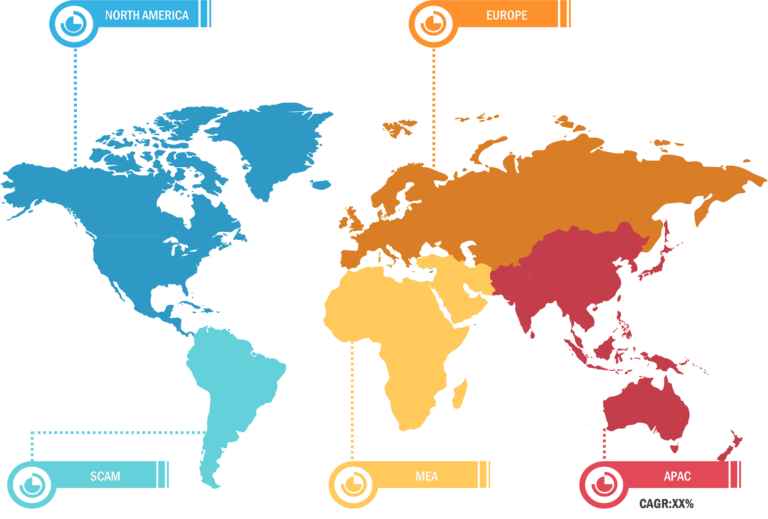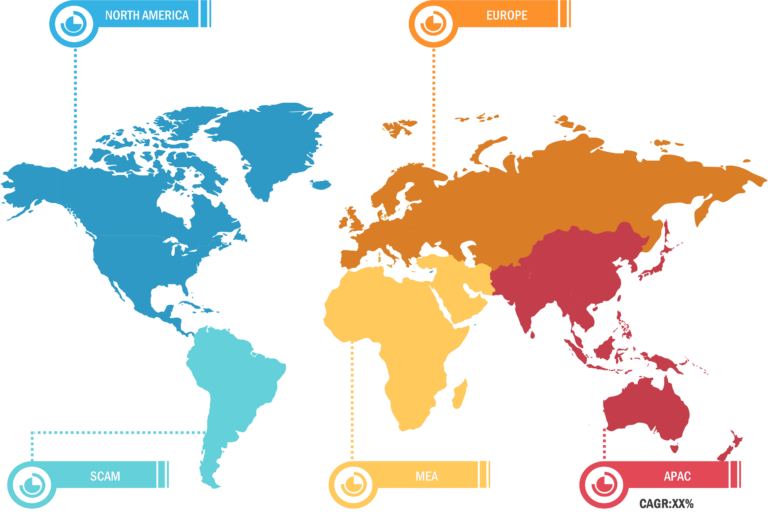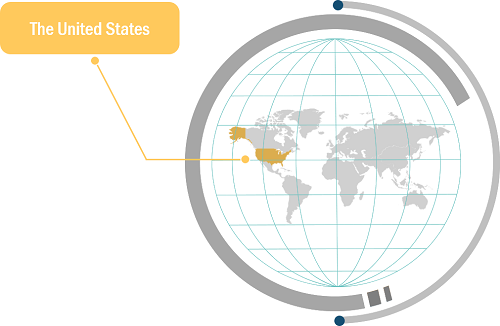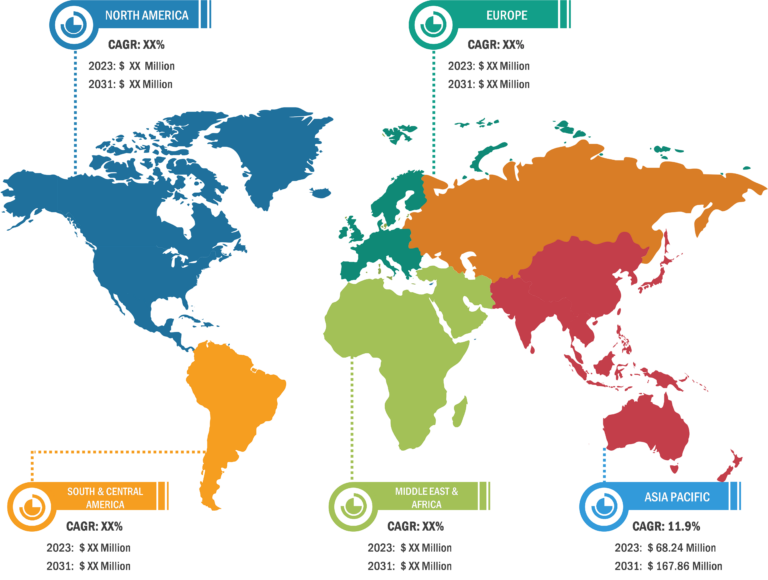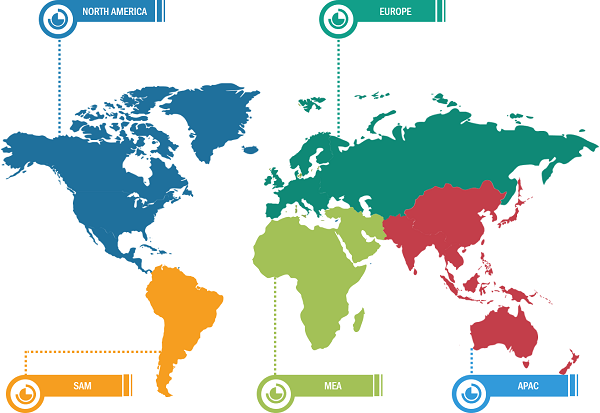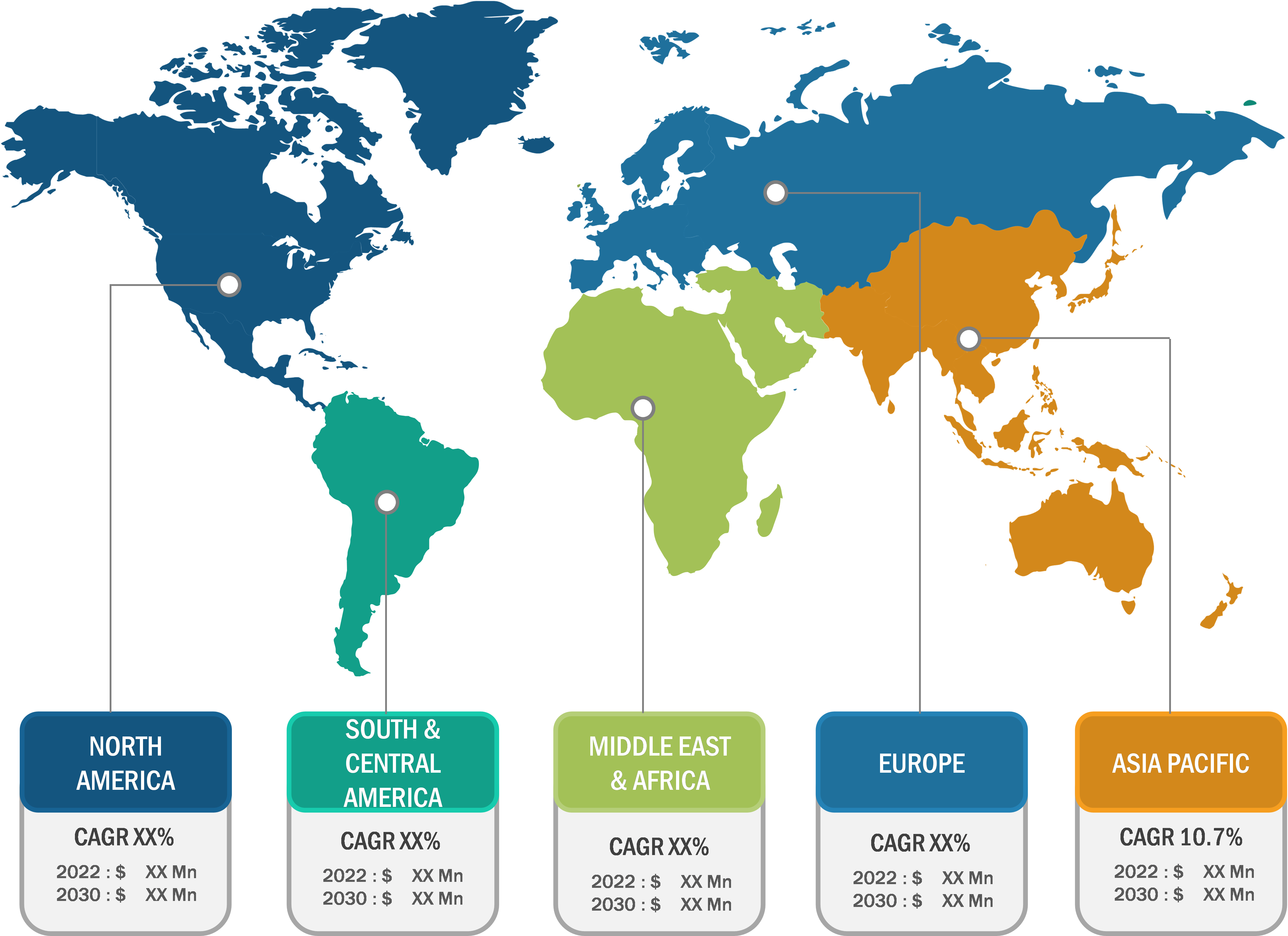
Heart Transplant Market
Increasing Target Disease Incidence Drives Heart Transplant Market
The World Health Organization (WHO) states cardiovascular disease (CVD) is one of the leading causes of death worldwide. A few of the major contributors to the rising prevalence of CVDs are ethnicity, family history, and age. Other notable factors include increasing tobacco consumption, high cholesterol, hypertension; and diseases such as obesity, dyslipidemia, and diabetes. As per the American Heart Association, ~40% of adults in the US are likely to have hypertension by 2030, recording an 8.4% increase from 2012. Moreover, the global cost burden of CVDs would reach US$ 1,044 billion by 2030 from US$ 863 billion in 2010. Emory Healthcare report states that the US recorded ~5 million cases of congestive failure in 2022, and ~550,000 new cases are diagnosed every year in the US. Also, the country reports ~287,000 deaths due to heart failure every year. According to the WHO, deaths due to CVDs across the world will rise from ~17 million in 2016 to 23.6 million by 2030.
In the US, nearly 3,499 people underwent heart transplant procedures in 2020. Data from an annual report on Cardiothoracic Organ Transplantation 2021–2022, NHS Blood and Transplant, published in September 2022, suggests that ~145 heart transplants were performed in adults in 2021–2022 in the UK. As per Temple Health, 70.9% of CVD patients receive heart transplant treatments within a year, and the shortest waitlist average was 55.2% in the US in 2021. Therefore, the rising incidence of CVDs and heart failure drives the growth of the heart transplant market.
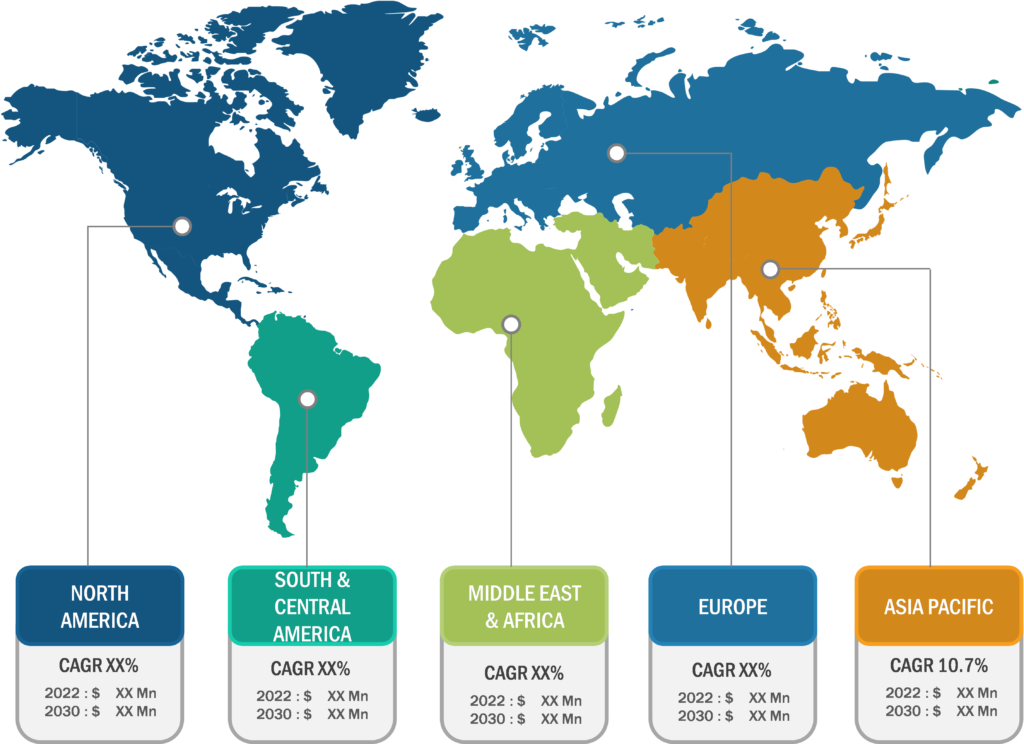
Heart Transplant Market: Regional Overview
Based on geography, the heart transplant market is segmented into North America, Europe, Asia Pacific, South & Central America, and the Middle East & Africa. In 2022, North America occupied the largest share of the global heart transplant market size. Further, Asia Pacific is projected to register the highest CAGR during 2022–2030. Market growth in this region is ascribed to a rise in awareness of the importance of organ donation and an increase in social media marketing to persuade a positive attitude toward organ donation. Additionally, advancing healthcare infrastructure and rising investments to boost manufacturing capacities are projected to drive the Asia Pacific heart transplant market during the forecast period.
The Asia Pacific heart transplant market is subsegmented into China, India, Japan, South Korea, Australia, and the Rest of Asia Pacific. According to an article published in BioMed Central, more than 40% of the deaths in China are attributed to CVDs. In addition, in 2019, ~120.33 million people suffered from CVDs in the country. Rapid socioeconomic progress is impacting the lifestyle of the population in China, which, in turn, increases the chances of contracting CVDs, conditions of heart or blood vessels that may result in heart failure. At present, heart transplantation is the only well-known effective treatment for advanced heart failure. However, owing to the limited number of heart donors, only ~300 heart transplants are performed in China annually. Therefore, people suffering from heart failure opt for artificial heart transplants due to the long waiting list for heart transplantation.
India has a very low organ donation rate due to insufficient public awareness, religious or superstitious beliefs, and strict laws. Organ donation rates in India are ~0.01%, which is a minuscule figure in contrast to countries such as Croatia (36.5%) and Spain (35.3%). The Government of India implemented the National Organ Transplant Programme in 2019 with a budget of US$ 21,000 (₹149.5 crores) for encouraging deceased organ donation. These government initiatives, along with other numerous government and non-government organizations’ initiatives, are likely to scale up the rate of organ donation in the region in the coming years. In 2019, 13 of the 36 states as well as union territories in India reported deceased donations. Most of the reductions have been apparent in the Southern states. ~50,000 people require heart transplants annually, but merely 0.2% receive suitable donors; each year, nearly 90–100 transplantations are conducted.
Industry Developments and Future Opportunities:
Various initiatives taken by leading players operating in the global heart transplant market are listed below:
- In January 2020, Abbott Laboratories announced that the Food and Drug Administration (FDA) approved its HeartMate 3 left ventricular assist device (LVAD). LVAD requires a minimally invasive surgical technique for the placement. In 2017, the FDA approved HeartMate 3 for bridge therapy for patients awaiting a heart transplant.
- In March 2021, Berlin Heart won the CE mark for an innovative outflow cannula for mechanical circulatory support with the para-corporeal pulsatile EXCOR ventricular assist device, along with its first implantation in a patient. The EXCOR Graft Cannula connects the outflow side of the blood pump to the ascending aorta for left ventricular support or to the pulmonary artery for right ventricular support.
- In June 2021, Abbott Laboratories enhanced its manufacturing capacity and supply scale for Medtronic HeartWare ventricular assist device (HVAD), a mechanical circulatory support (MCS) device. In addition, the company announced providing support training and education programs for healthcare professionals intending to use HeartMate 3 heart pumps in their patients.
- In March 2023, BiVACOR Inc’s Cormorant Asset Management and OneVentures, through the OneVentures Healthcare Fund III, funded the company with US$ 18 million in capital. The funds will help the business hire important executives and support its ongoing R&D as well as early feasibility studies in human trials. Using this financial aid, the company would hire candidates for important roles, such as research and development professionals and the C-suite, as a part of its efforts to double its operations in size. The BiVACOR Inc further hopes to conduct an early feasibility study of its Total Artificial Heart for the first time in human subjects by the end of 2023.
Heart Transplant Market: Competitive Landscape and Key Developments
Terumo Corp, LivaNova Plc, Jarvik Heart Inc, BiVACOR Inc, Evaheart Inc, Berlin Heart GmbH, BioVentrix, SynCardia Systems LLC, Calon Cardio-Technology Ltd, and Abbott Laboratories are among the leading companies operating in the heart transplant market. The focus of these players is on expanding and diversifying their market presence and acquiring a novel customer base, thereby exploiting attractive business opportunities prevailing in the heart transplant market.


